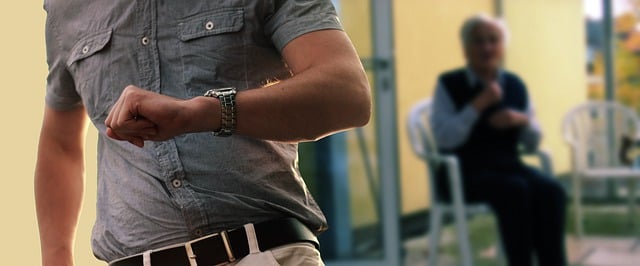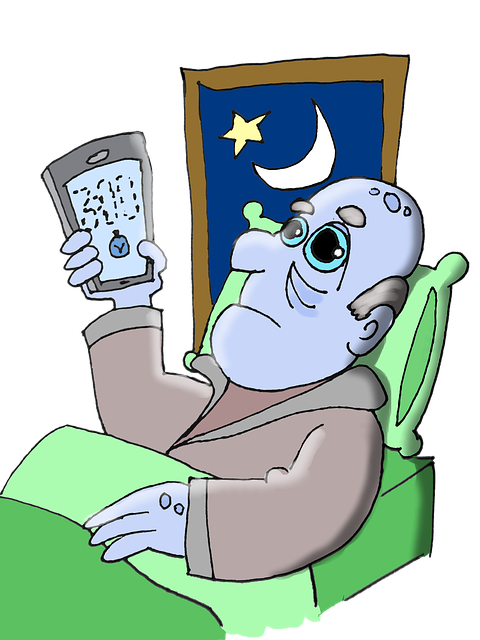In elder abuse trials, especially those involving elderly sexual assault, digital evidence from text messages, emails, social media, and digital images/videos is crucial. California's legal framework, guided by the Evidence Code, validates electronic records. Elderly sexual assault law firms in Los Angeles must navigate the challenges of data integrity and authenticity while leveraging success stories to present persuasive, reliable digital evidence through expert witnesses and visual aids.
In the digital age, the admissibility of digital evidence in elder abuse trials has become a pivotal issue. This article explores the intricate landscape of presenting digital evidence in Los Angeles, focusing on cases involving elderly sexual assault. We dissect California’s legal framework, analyze challenges faced by elderly sexual assault law firms in LA courts, and offer best practices for effective case management. Understanding digital evidence is crucial in navigating these complex trials, ensuring justice for vulnerable seniors.
Understanding Digital Evidence in Elder Abuse Cases
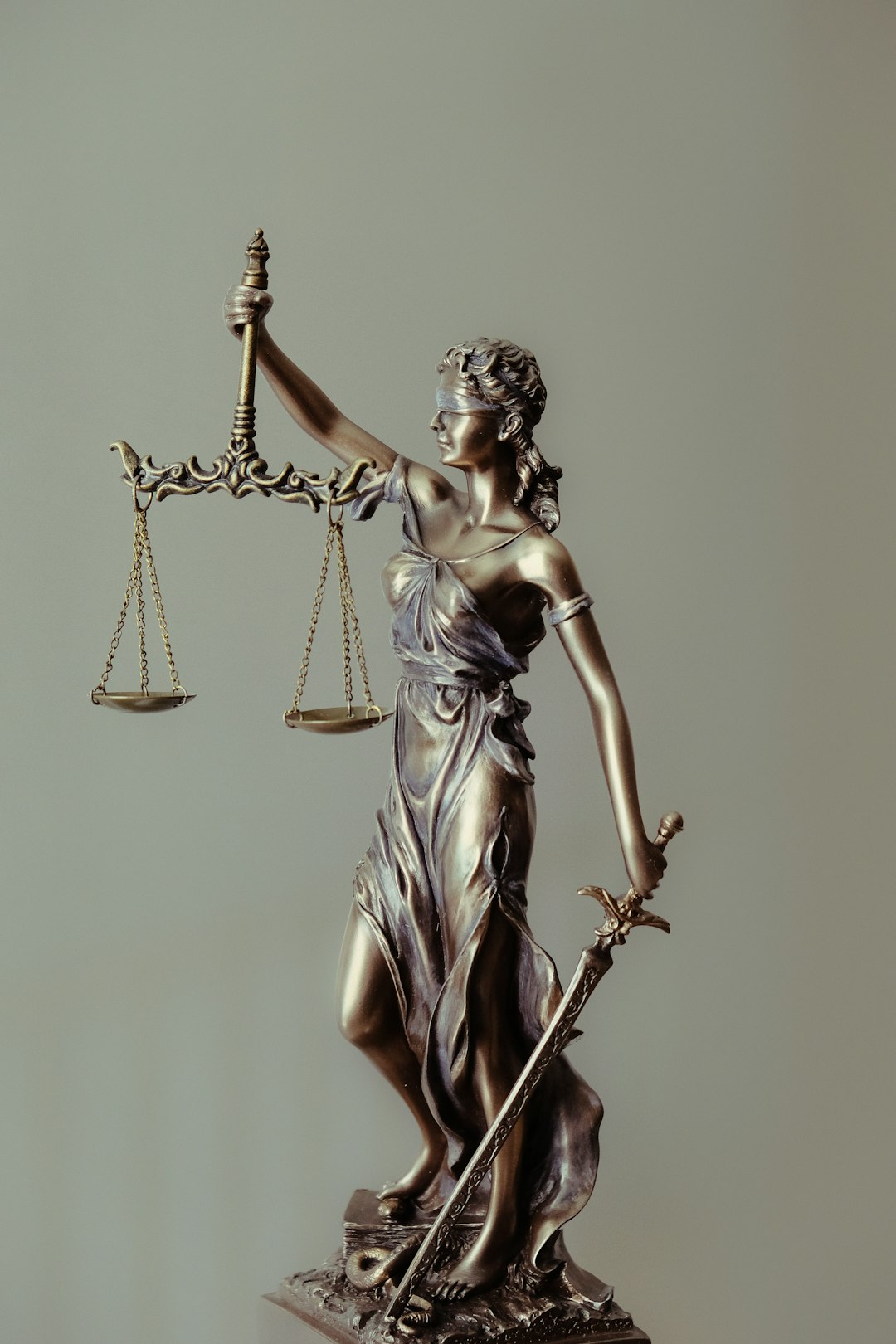
In the context of elder abuse trials, digital evidence plays a pivotal role in uncovering and proving instances of misconduct, especially in cases involving elderly sexual assault. This includes a wide range of electronic data such as text messages, emails, social media posts, and digital images or videos that can serve as crucial pieces of evidence. An elderly sexual assault law firm in Los Angeles often relies on forensic experts to extract and interpret this digital data, ensuring its admissibility in court.
Understanding how this evidence is collected, stored, and analyzed is essential. Digital forensics specialists employ various techniques to preserve the integrity of the data, ensuring it hasn’t been altered or tampered with. They also create a chain of custody, documenting every step taken to handle the evidence, which is vital for its acceptance in court. With proper handling, digital evidence can provide compelling insights into abusive situations, helping elderly sexual assault law firms build strong cases and secure justice for their clients.
The Legal Framework for Admissibility in California
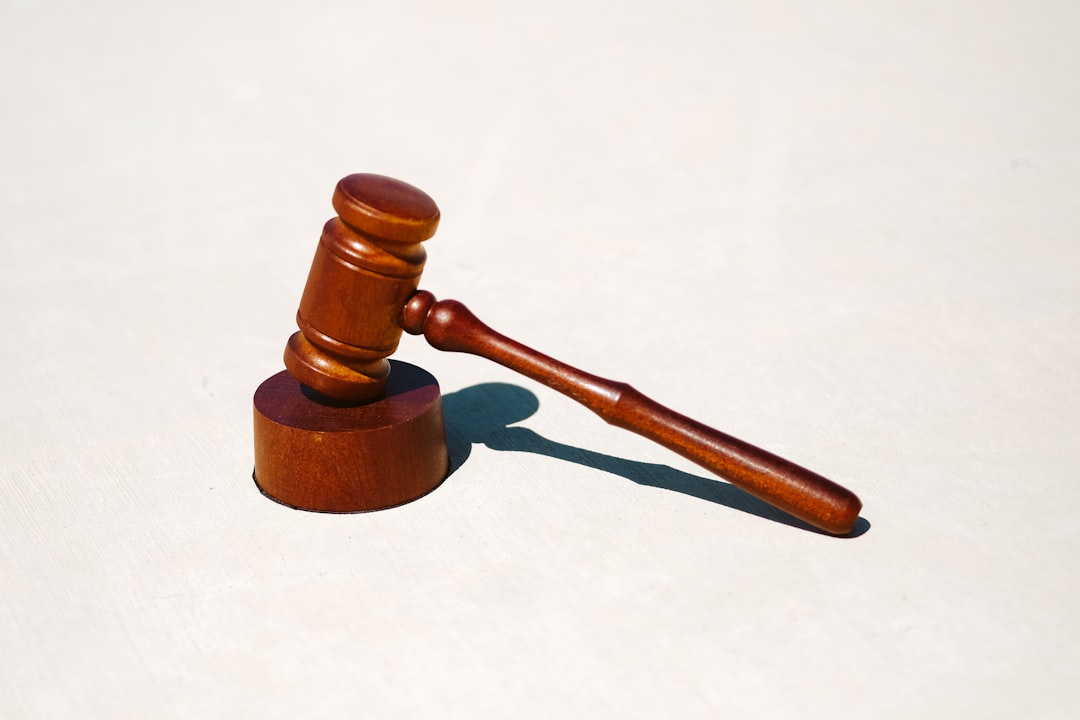
In California, the admissibility of digital evidence in trials, particularly in cases involving elder abuse, is governed by a comprehensive legal framework. The state has recognized the relevance and reliability of electronic records, including digital photos, videos, emails, and financial transactions, as evidence in court proceedings. This shift towards digital evidence is driven by advancements in technology and the increasing prevalence of such information in daily life.
Elder sexual assault law firms in Los Angeles have had to adapt to this evolving legal landscape. The California Evidence Code sets out the rules for admitting digital evidence, ensuring that it is authenticated, relevant, and not overly prejudicial. Courts in LA carefully examine the methods used to collect and store digital data to determine its integrity and trustworthiness before allowing it to be presented as evidence. This rigorous process aims to safeguard the rights of all parties involved while facilitating a fair trial for alleged victims of elder abuse, including instances of sexual assault.
Challenges and Success Stories: Digital Evidence in Los Angeles Courts

In recent years, digital evidence has presented both challenges and success stories in Los Angeles courts, particularly in cases involving elder abuse and sexual assault. As an elderly sexual assault law firm in Los Angeles navigates this evolving legal landscape, understanding the admissibility of digital evidence is crucial. One challenge lies in ensuring the integrity and authenticity of electronic data, which can be manipulated or altered. This requires meticulous documentation and preservation protocols to meet court standards.
However, success stories abound. For instance, an elderly sexual assault case in Los Angeles saw the effective use of digital forensics to uncover incriminating evidence on a defendant’s device. The prosecution successfully presented this digital evidence, leading to a conviction. Such cases demonstrate the growing acceptance and impact of digital evidence in LA courts, offering new avenues for justice in elder abuse trials.
Best Practices for Presenting Digital Evidence in Elder Sexual Assault Trials
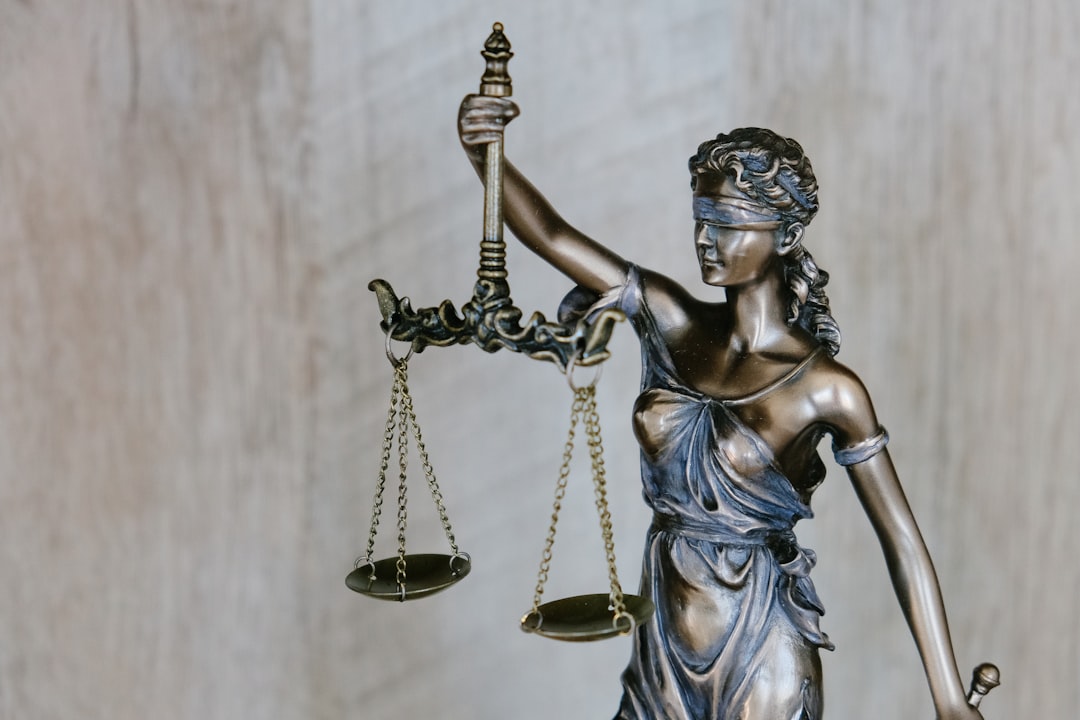
When presenting digital evidence in elderly sexual assault trials, it’s crucial to adhere to best practices that ensure its admissibility and effectiveness. An elderly sexual assault law firm Los Angeles should employ a systematic approach to handling this type of evidence. First, establish a clear chain of custody for all digital materials, documenting every step from collection to presentation. This helps maintain the integrity of the evidence and allows for its verification.
Additionally, ensure that the source and relevance of digital evidence are clearly established. Provide context by explaining how the data connects to the case and why it is significant. Use expert witnesses or forensic analysts to interpret complex digital materials, ensuring their testimony is both clear and unbiased. Visual aids and simplified explanations can help jurors understand technical aspects, making the evidence more persuasive in elderly sexual assault cases.


